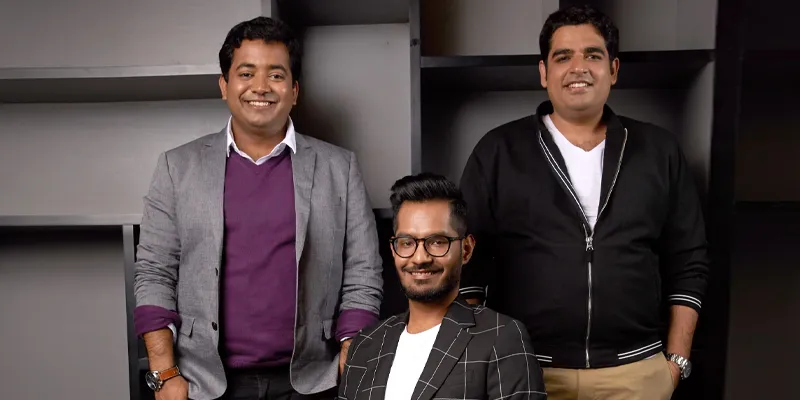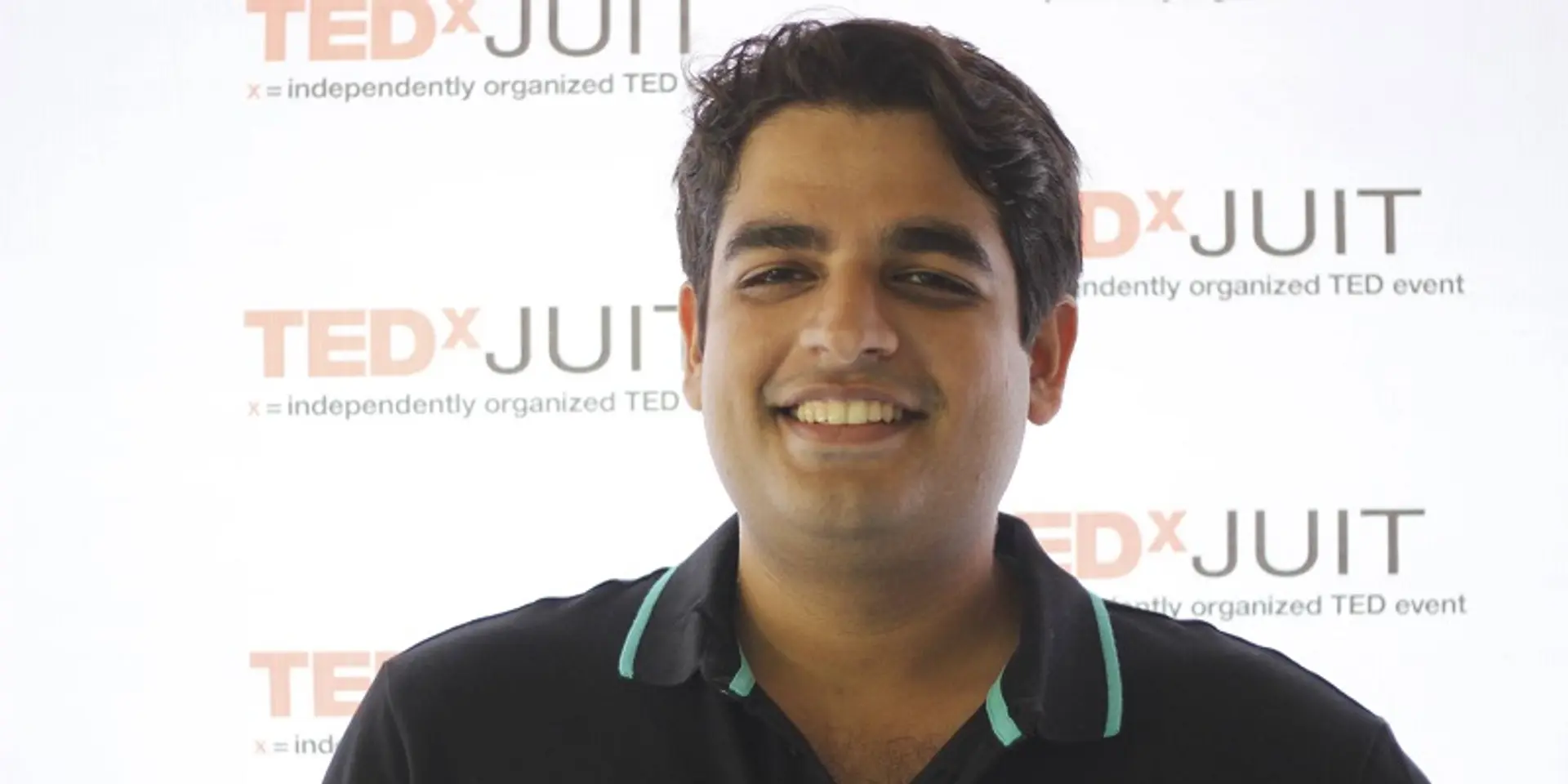Edtech here to stay: Gaurav Munjal wades into hybrid model debate
SoftBank-backed Unacademy recently announced plans to add more offline centres.
Amidst layoffs and reports of a slowdown in the online learning sector, co-founder Gaurav Munjal brims with optimism.
“Edtech is here to stay. In fact, I am more bullish on it than I ever was,” he said in a social media post on Thursday, standing up for the edtech unicorn’s offline expansion.
The SoftBank-backed startup, which recently let go of 150 employees citing poor performance, is expanding its offline learning business, Unacademy Centers. These offline centres, the company says, cater to the rising demand for in-person learning, especially among students preparing for entrance exams to engineering and other professional courses.
“Opening a few centres in two of our categories should not be linked to edtech failing,” Gaurav tweeted. “...There are 100+ tests that learners write ranging from JEE and NEET to UPSC to USMLE. When learners are young, they prefer a hybrid approach rather than pure offline. When Learners are relatively older then they prefer pure online.”
Unacademy announced it will open its second offline centre in the country’s coaching-class hub, Kota, Rajasthan, followed by centres at Jaipur, Bengaluru, Chandigarh, Ahmedabad, Patna, and Pune. It launched its first such centre in Delhi in March. The centres will focus on NEET UG and IIT-JEE examinations, as well as foundation courses for students in grades IX to XII.
“Things are different in JEE and NEET. Learners want to go out. Parents want them to go out,” Gaurav continued. “More discipline is needed unlike NEET PG Learners where the intent to self learn is extremely high. Unacademy’s PrepLadder has a 20%+ Market Share in NEET PG and not a single Learner wants to go Offline.”
Unacademy, India’s second most valued edtech company after Byju’s, acquired , an online platform for medical entrance exam preparation, in July 2020 for $50 million.
Its decision to launch offline learning centres came a few months after Byju’s, the country’s most valued unicorn, launched offline tuition centres with an investment of $200 million.
A tough phase
Several people, however, are questioning the hybrid edtech model.
“Edtech was the solution of offline coaching of competitive exams, K- 12 coaching with low price. But now @unacademy are increasing their offline store day by day. Is it really difficult to grow in edtech without offline?” a Twitter user said.
Another user jumped into the conversation to defend the startup’s move to go offline saying, “How come when acquired Akash there was no such talk about edtech, but when it’s Unacademy who is starting their own centres getting targeted so much?”
As support poured in for the startup, Gaurav said it was good to have such debates and gather views from stakeholders as that would help the company “keep itself in check”.
He added that while “the largest offline institute has 200K Active Paid Subscribers. Unacademy has 800K Active Paid Subscribers. Billions of minutes of learning happen online. Learners who want to be pure online can always opt for it.”
India’s edtech sector is grappling with layoffs and cost-cutting as students return to classrooms after two years of mostly learning online amid Covid lockdowns.
Unacademy has laid off around 750 employees since April to deal with its rising cash burn. In the fiscal year 2020-21, its net loss widened by six times from a year earlier to Rs 1,537 crore, even as revenue grew fourfold to Rs 464 crore.

Unacademy Co-founders (L to R), Roman Saini, Hemesh Singh, and Gaurav Munjal
"PhysicsWallah model not sustainable"
On questions around the success of the latest edtech unicorn, , Gaurav applauded the founder Alakh Pandey. A few years earlier, Alakh had turned down a reportedly lucrative teaching job offer from Unacademy. He was running a popular YouTube channel at that time.
“Really good guy. I like him. Except for the fact that he made his funding announcement about our offer which he didn’t take :-) I really respect some of the things that PW is doing.” Gaurav tweeted.
PhysicsWallah, too, is venturing into a hybrid model with the launch of its first offline centre, PW Vidyapeeth, in Kota. The centre will enrol 11th and 12th-grade students preparing for the IIT-JEE and NEET exams.
Joining the thread, a user brought up the “price war” among edtech startups, mentioning how PhysicsWallah had kept charges for its online courses relatively low to disrupt the market.
On this, Gaurav said, “For now. He will have to increase prices to sustain. Current model is not sustainable, especially after raising VC money.”
Guns ablaze
Gaurav’s social media posts came shortly after Brajesh Maheshwari, the co-founder of Kota-based , released a video warning his teachers against leaving for rival firms.
The video had been released a day after Unacademy announced plans to set up its offline centre at Kota. “In Kota tomorrow. More details soon,” Unacademy co-founder Roman Saini had tweeted a day before announcing the launch.
In response to this, Brajesh declared, “Over the last few years, many teachers joined the Allen Group, many left, and many joined us again. But make no mistake: starting today, anyone who leaves the Allen Group after being wooed by competitors will not be allowed to rejoin Allen. No force in the universe can get them back into Allen. They will be blacklisted forever. They won’t be able to rejoin Allen within this lifetime."
As per reports, Unacademy has enrolled teachers from Kota-based institutes, which did not go down well with Allen.
Kota is the hub of coaching institutes with hundreds of thousands of students preparing for JEE Main, NEET, UPSC, SSC and other entrance exams. Many traditional institutes, including Allen, have been around for over three decades.
Edited by Feroze Jamal









